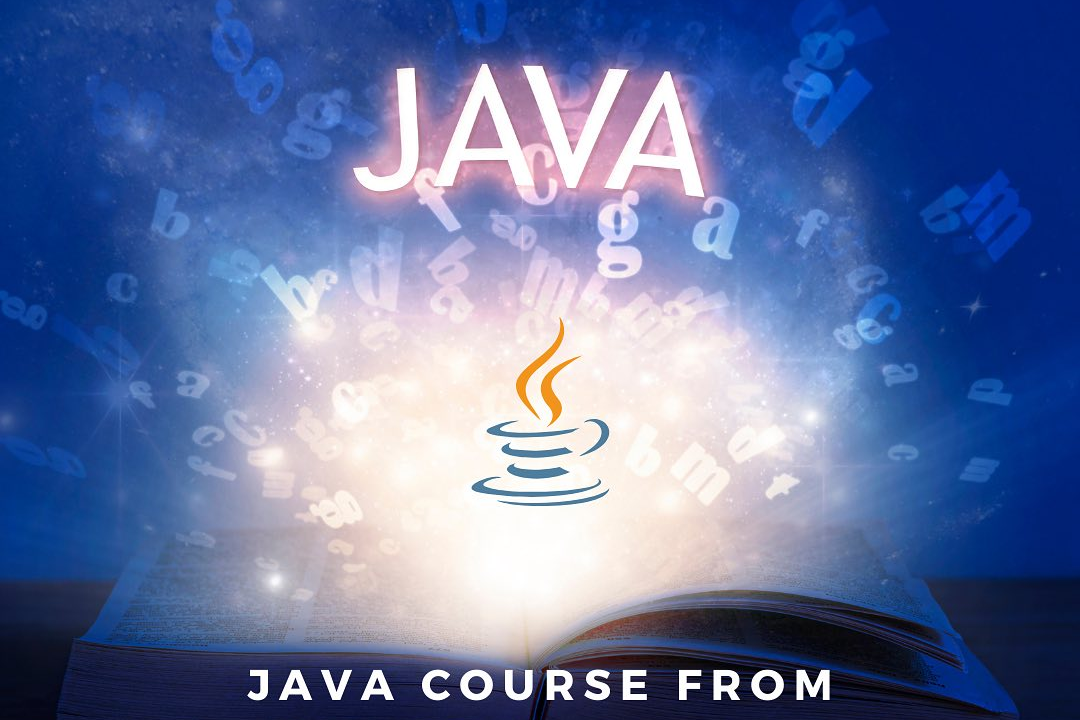c# vs java
Comparing C# and Java: A Comprehensive Guide
c# vs java
C# and Java are both high-level, object-oriented programming languages used for developing a wide range of applications, but they have notable differences. C#, developed by Microsoft, is primarily used within the .NET ecosystem, making it particularly well-suited for Windows applications and services, as well as game development with Unity. It offers features like properties, events, and a more sophisticated type system, enabling advanced programming paradigms. Java, on the other hand, is platform-independent due to the Java Virtual Machine (JVM), making it ideal for cross-platform applications, particularly in enterprise environments and Android app development. Both languages share similar syntax and concepts, but C# often includes more modern features and syntactic sugar, while Java maintains a larger ecosystem of libraries and frameworks developed over its longer history.
To Download Our Brochure: https://www.justacademy.co/download-brochure-for-free
Message us for more information: +91 9987184296
1 - Platform Dependency:
Java: “Write Once, Run Anywhere” philosophy; capable of running on any operating system with a compatible JVM (Java Virtual Machine).
C#: Initially Windows centric; now with .NET Core, it can run on multiple platforms, including macOS and Linux.
2) Syntax:
Both languages share similar C style syntax, making it relatively easy for developers to switch between them. However, C# includes more syntactic sugar that enhances code readability.
3) Memory Management:
Both languages utilize garbage collection for memory management, though C# offers more control over memory through destructors and the `IDisposable` interface.
4) Execution Model:
Java: Compiled to bytecode, which is interpreted or compiled to native code at runtime by the JVM.
C#: Compiled to Intermediate Language (IL), which is executed by the Common Language Runtime (CLR).
5) Libraries and Frameworks:
Java: Vast ecosystem with libraries like Spring, Hibernate, and many open source APIs.
C#: Rich .NET framework provides access to extensive libraries, including ASP.NET, LINQ, and Entity Framework.
6) Concurrency:
Both languages offer robust concurrency support, but C# introduces the `async/await` pattern, which simplifies asynchronous programming.
7) Exception Handling:
Exception handling in both languages is similar with try catch blocks, but C# has specific features like finally blocks for cleanup.
8) Properties and Indexers:
C#: Supports properties (getters/setters) and indexers natively, allowing for more intuitive encapsulation.
Java: Accessor methods (getters/setters) are manually implemented, resulting in more boilerplate code.
9) Versioning and Updates:
Java follows a more frequent update cycle with community driven improvements. C# evolves with the release of new versions of the .NET framework, which adds modern features.
10) Community and Support:
Both programming languages have large communities offering extensive support; however, the Java community is broader due to its longer history and wider adoption in enterprise applications.
11) Development Environment:
Java: Primarily uses tools like Eclipse and IntelliJ IDEA.
C#: Best integrated with Microsoft Visual Studio, which provides a robust IDE experience and debugging tools.
12) Type Safety:
Both languages are statically typed, but C# has additional features like nullable types to enhance type safety.
13) Lambda Expressions and Functional Programming:
Both languages support lambda expressions, but C# offers more functional programming capabilities through LINQ, making it easier to work with data in a functional style.
14) UI Frameworks:
Java: Has established frameworks such as Swing and JavaFX for desktop applications.
C#: Leverages powerful UI frameworks like WPF (Windows Presentation Foundation), UWP (Universal Windows Platform), and Xamarin for mobile development.
15) Microservices and Cloud Integration:
Java: Extensive frameworks like Spring Boot for microservices; widely adopted in cloud environments.
C#: Azure ecosystems and .NET Core facilitate seamless integration for cloud based applications and microservices architecture.
Conclusion
Both C# and Java are powerful programming languages with unique strengths and capabilities. Understanding their differences and shared features is essential for students aiming to master software development. This training program will equip participants with the knowledge to choose the appropriate language for their project needs and career aspirations.
Browse our course links : https://www.justacademy.co/all-courses
To Join our FREE DEMO Session: Click Here
Contact Us for more info:
- Message us on Whatsapp: +91 9987184296
- Email id: info@justacademy.co












